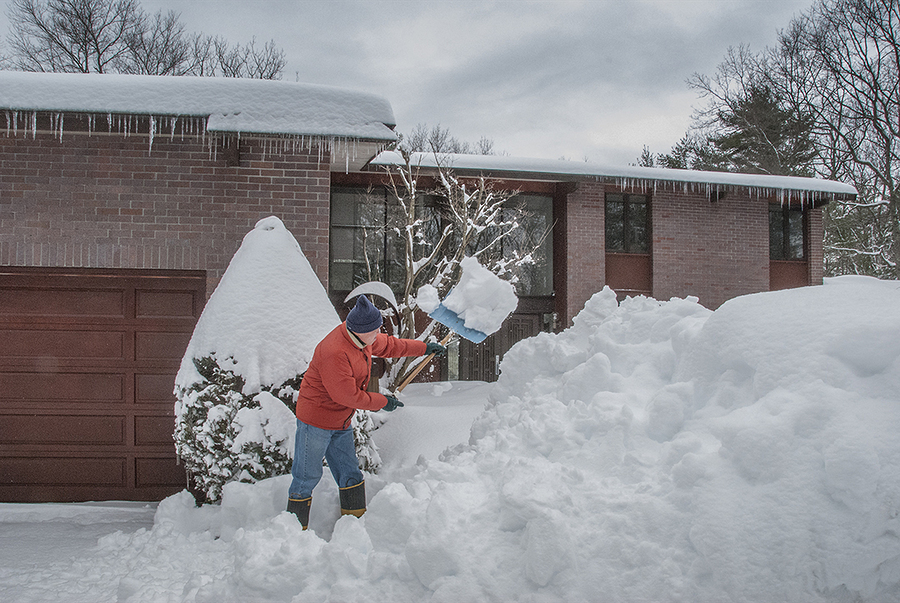My snowbird friends and neighbors are no doubt enjoying their southern Florida break even more this week, as Long Island remains in a deep freeze. But there’s more that separates the two states than temperature. I represent clients who live in New York, others who live in Florida and snowbirds who travel back and forth between the two states. I regularly advise clients who want to be Florida residents on the procedure they need to follow.
Many clients believe that if they are out of New York State for at least 183 days a year, they can become Florida residents. Unfortunately, it is not that simple. With the recent change to the estate and income tax laws, the New York State Department of Taxation and Finance has established a separate department to investigate New York residents who try to change their residency to Florida. Buying a round-trip airline ticket in October to return in April will make it virtually impossible to claim Florida residence, even if you do spend over 183 days in Florida.
The same estate plan that may work well for a couple during the portion of the year they live in New York may become a problem if they own a second home in Florida.
Under the laws of every state, real property is governed by the law of the state in which it is located. While the estate of a New York resident is probated in New York, if the decedent owns a home in Florida and the property title is in her name, her executor will need to file a secondary probate proceeding in Florida. This is known as an ancillary proceeding and is governed by Florida law. Over the years, I have had to bring numerous ancillary probates in Florida because of improper planning.
There are strategies to avoid this problem.
One is to own the Florida property with another person (usually a spouse) as tenants with rights of survivorship. This means that when one owner dies, the remaining owner automatically becomes the sole owner. However, if the sole owner is a New York resident, upon their death, an ancillary probate is necessary.
Another strategy is to transfer the residence to a revocable trust. This can be done whether the house is owned by two people or owned by a single person. This is a clean transaction and usually there are no estate or income tax implications.
There are pros and cons to these options, which need to be addressed.
Another issue facing snowbirds: ancillary documents, such as a Durable Power of Attorney, Living Will and Health Care Proxy. These documents are usually state-specific. In the past, Florida refused to recognize out-of-state documents. Over the past few years, the situation has improved. However, I always recommend snowbirds have both New York State and Florida documents.
If it sounds like a lot of trouble and expense, consider what would happen if you were in Florida for a few months and your or your spouse became sick. Without having an up-to-date Living Will for Florida, the doctors will decide what kind of end-of-life care your loved one would receive, even if you know it differs from what you and your spouse had always talked about. It’s far easier to have these documents prepared correctly and have them accessible than to have to fight with doctors and hospitals during a very difficult time.
If you are enjoying the warmth of Florida but are concerned about your estate plan, please call the office at 516-307-1236 to schedule an appointment by video, by phone, or when you return to New York.

